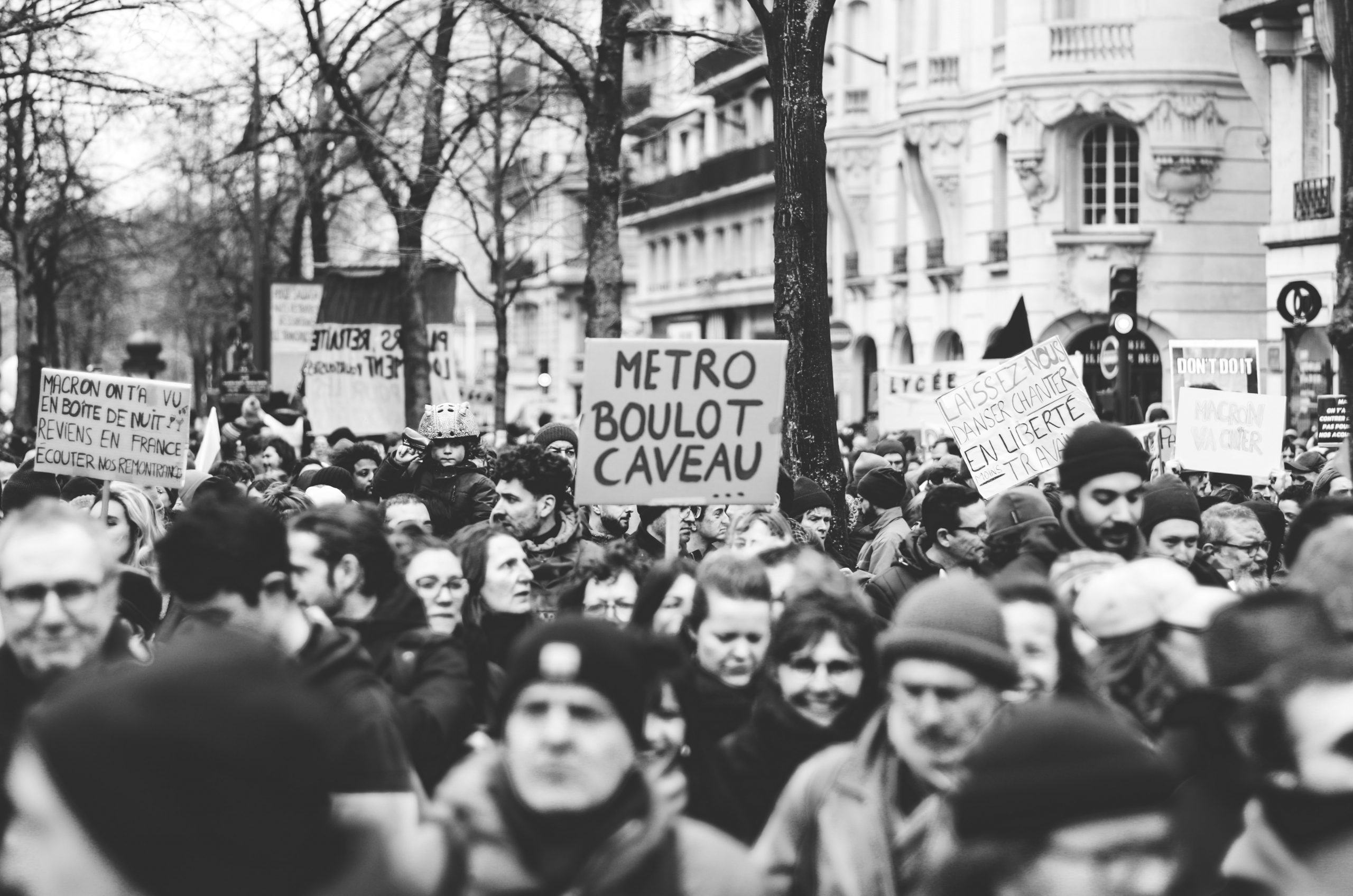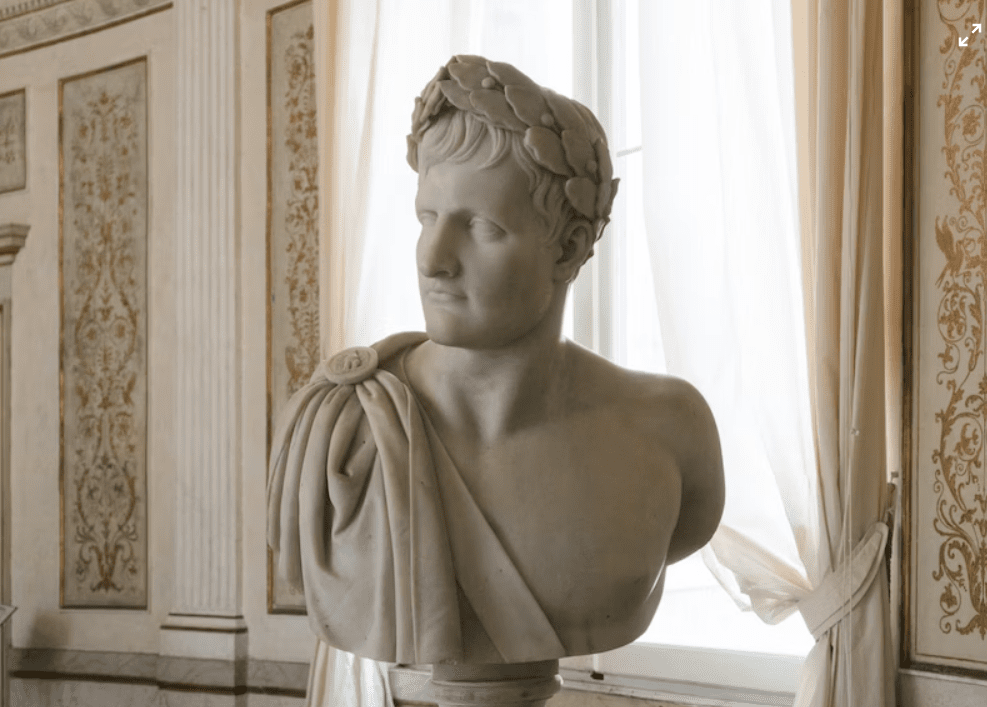The tradition of striking is deeply ingrained in French culture and has a long history that dates back to the 19th century. French workers have a reputation for being some of the most militant in the world, and strikes have become a common form of protest against perceived injustices and grievances.
In the late 1800s, French workers organized themselves into trade unions to demand better wages, working conditions, and social benefits. These early unions were often met with hostility from the government and employers, who saw them as a threat to the status quo. Strikes were used as a way to pressure employers and the government to meet their demands, and they were often successful.
The most famous French strike took place in May 1968, when students and workers occupied universities and factories across the country in protest against the conservative government of President Charles de Gaulle. The strike lasted for several weeks and brought the country to a standstill, with millions of workers walking off the job and taking to the streets to demand change. The strike ultimately led to the resignation of the prime minister and paved the way for significant social and cultural reforms in France.

Since then, strikes have remained a powerful tool of protest for French workers. They have been used to protest everything from pension reforms to labor laws to environmental policies. Strikes are organized by trade unions, which represent workers in various industries, and can be either partial or general. Partial strikes involve workers stopping work for a few hours or days, while general strikes involve workers from multiple industries walking off the job for an extended period.
Strikes in France are often marked by large-scale demonstrations and clashes with police. French workers are known for their passionate and vocal protests, which can be seen as a reflection of the country’s deep-seated political and social divisions. The government has traditionally taken a tough stance against strikes, but in recent years, there has been a shift towards more conciliatory policies.
Despite the controversy and disruption they can cause, strikes remain an important part of French culture and democracy. They serve as a reminder that workers have a voice and can hold those in power accountable for their actions. While some may view strikes as an inconvenience, they are ultimately a symbol of a free and democratic society where citizens can speak out against injustice and fight for their rights.




